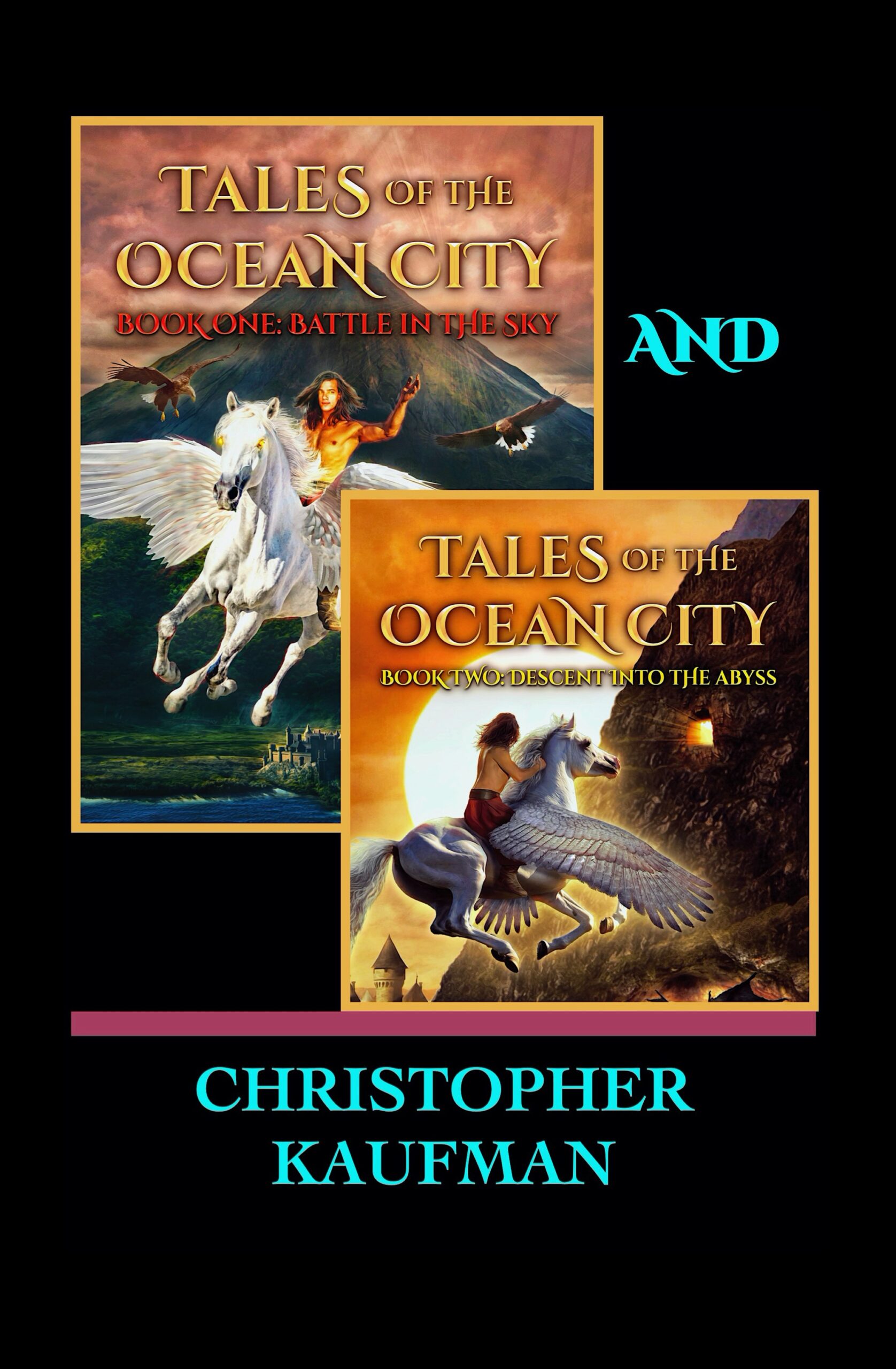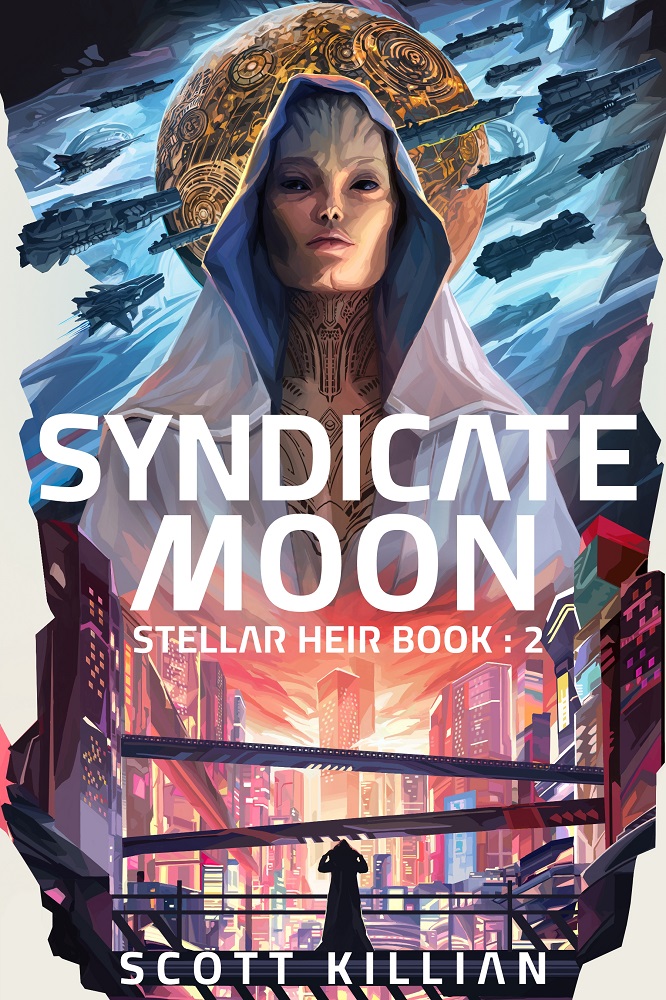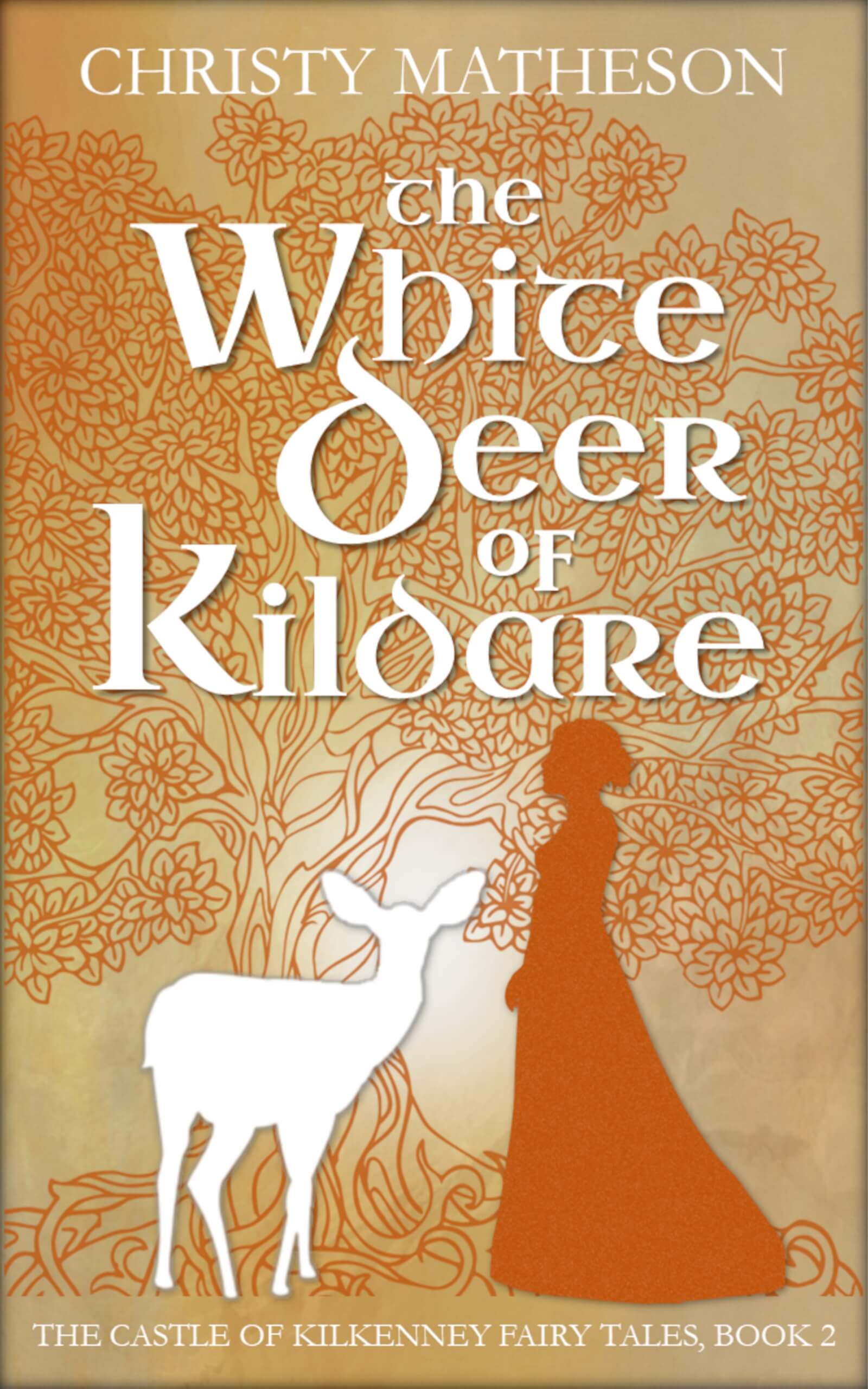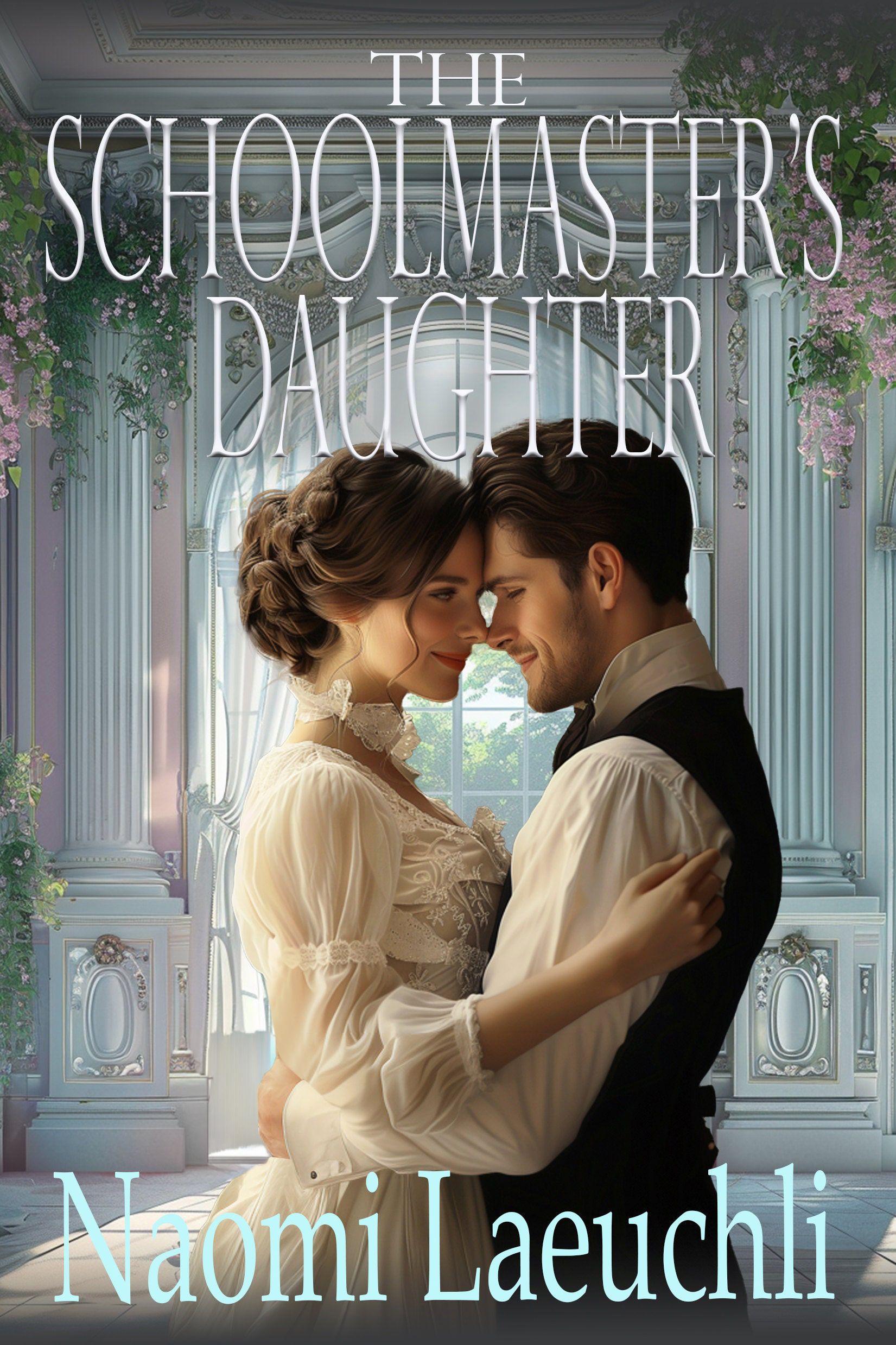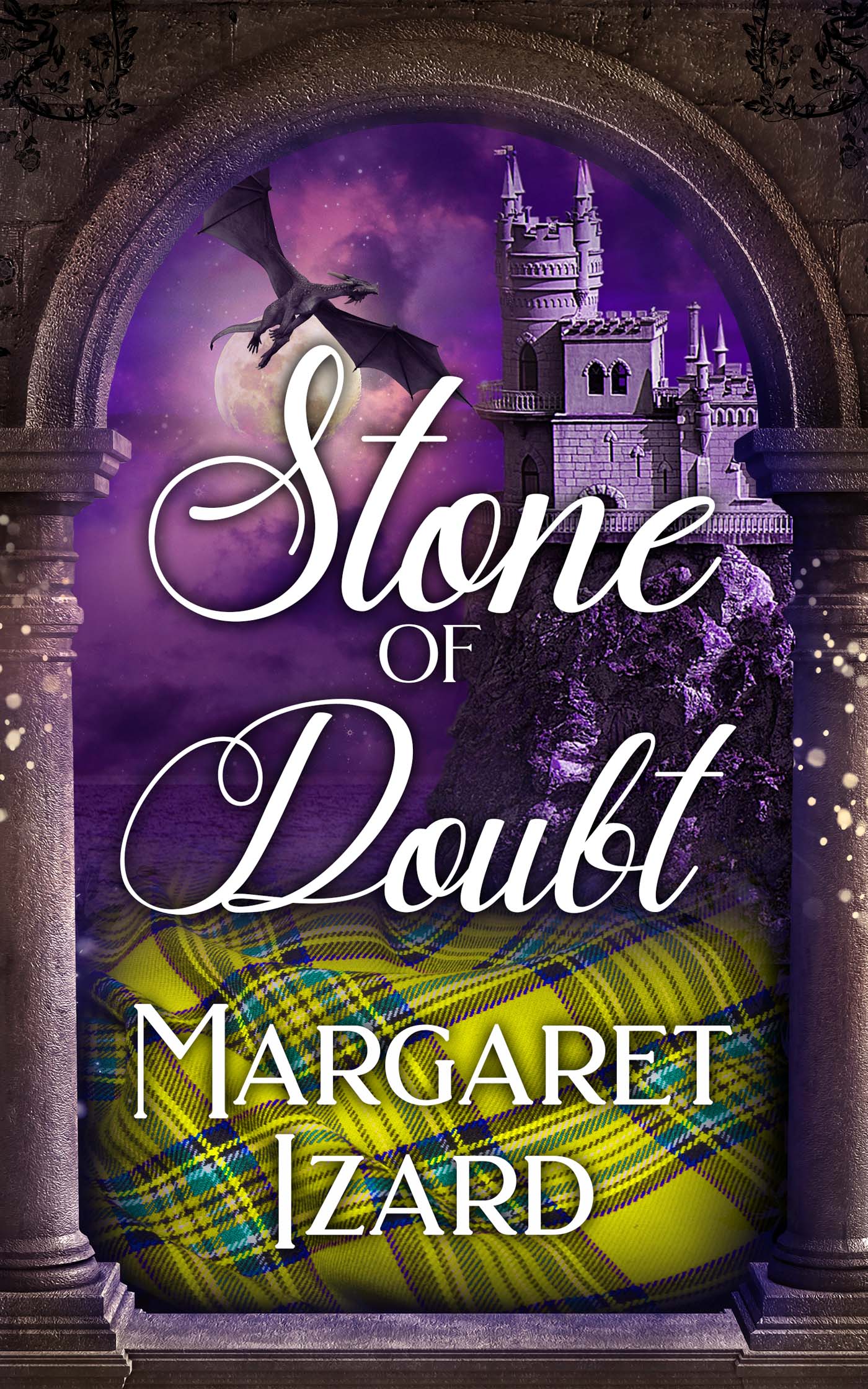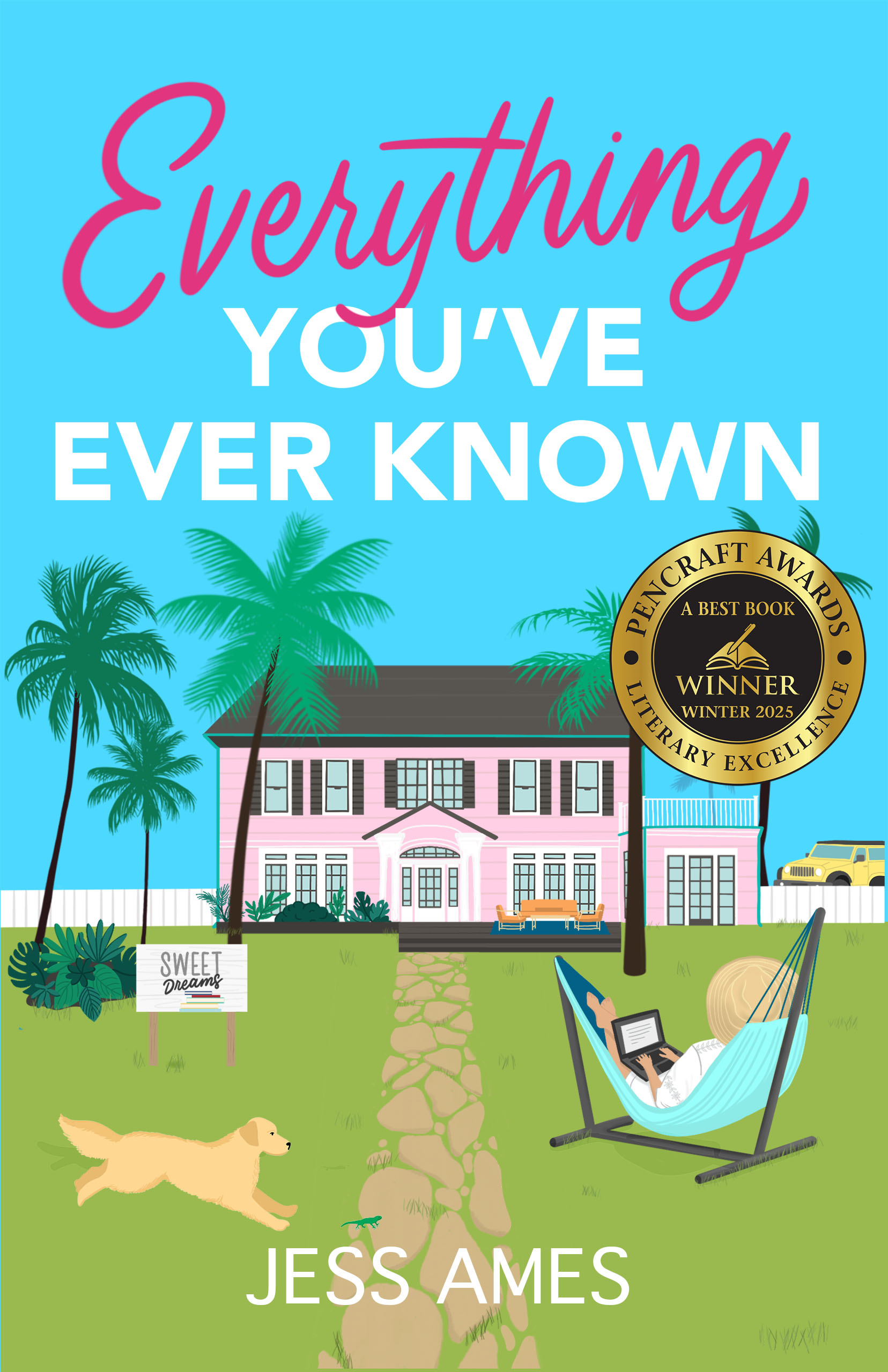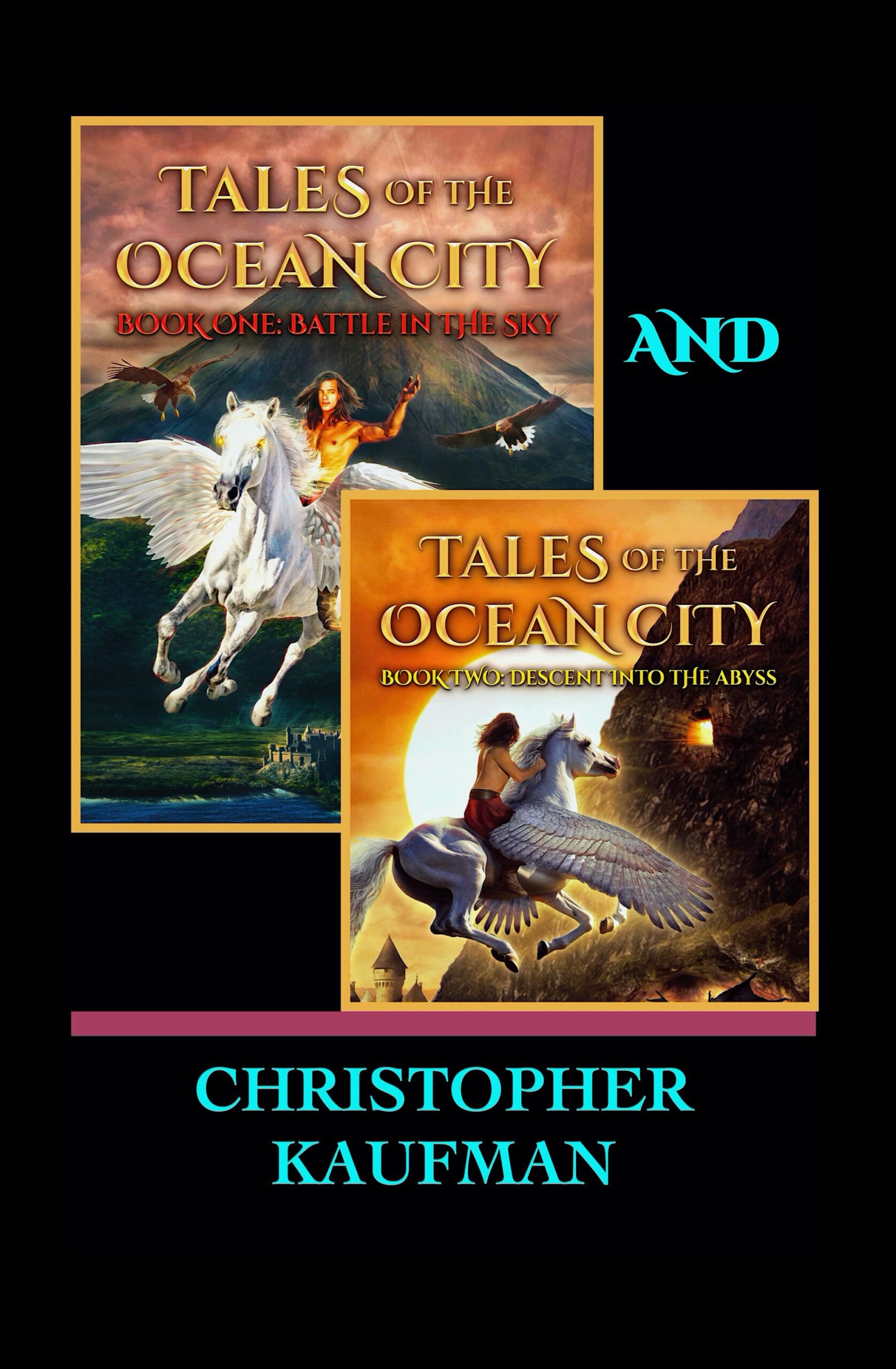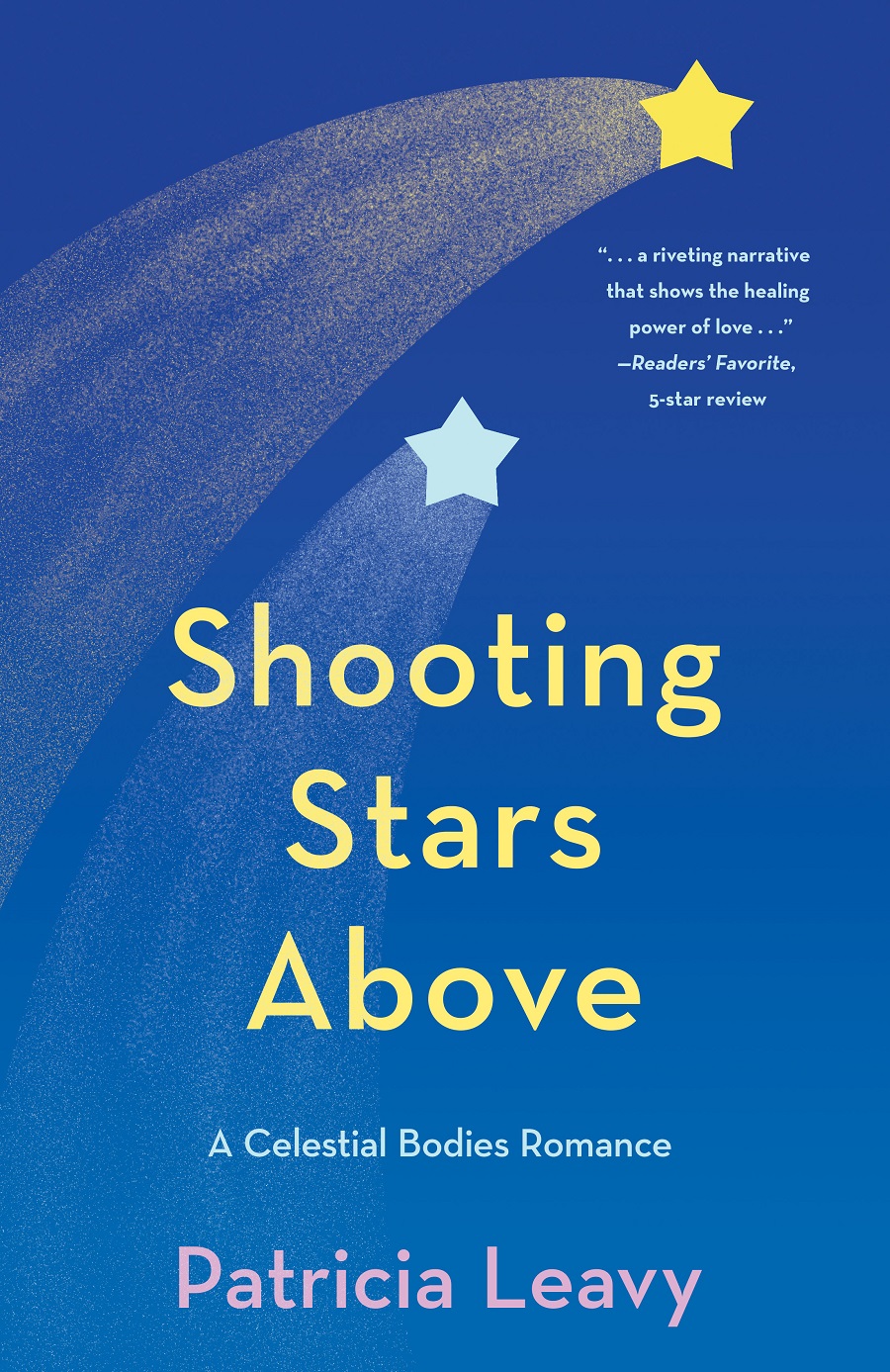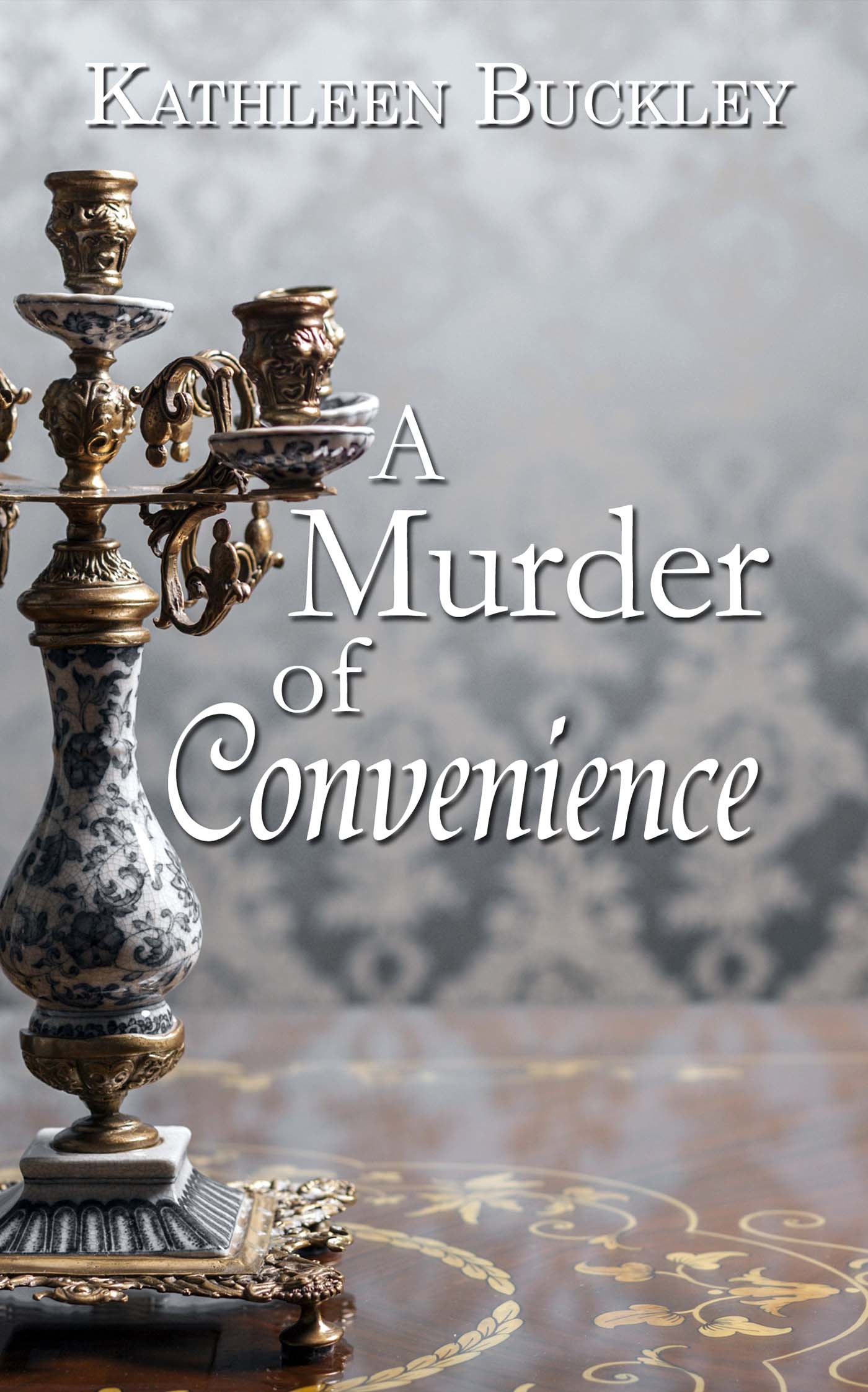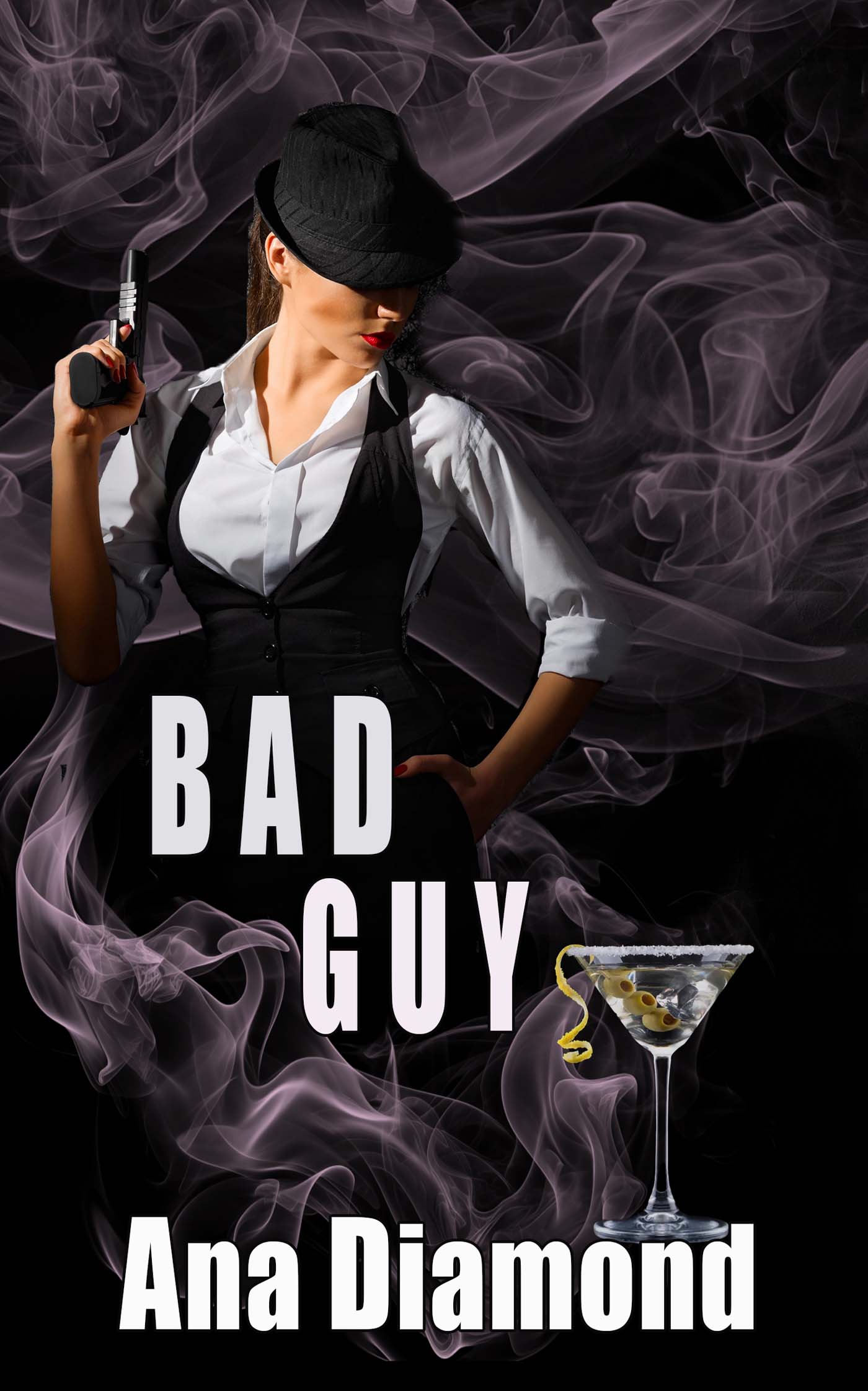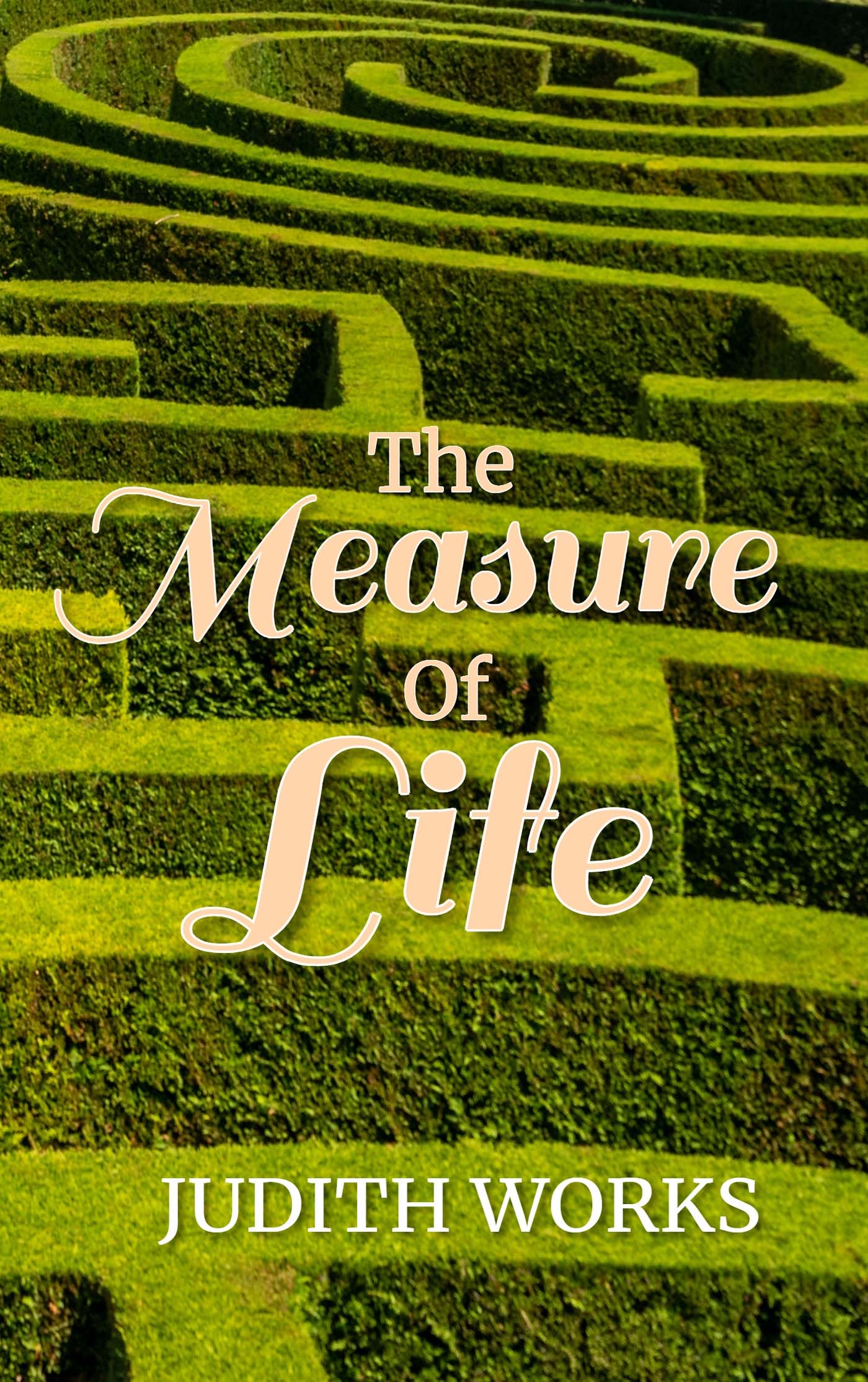This post is part of a virtual book tour organized by Goddess Fish Promotions. Ryan Lawrence will be awarding a $10 Amazon or Barnes and Noble GC to a randomly drawn winner via rafflecopter during the tour. Click on the tour banner to see the other stops on the tour.
I was once asked if it was difficult to “kill one’s darlings.” Let’s look at this more broadly than just the mechanism of “killing off a primary or popular character for plotline purposes,” but I will get to that in a moment, not to worry. Now, it takes courage and fortitude to cut storylines you’ve worked tirelessly on and edit out characters you believe add flavour and personality to your work. How can you think only some of what you’ve written is gold–it’s all great stuff! Maybe it is, but it’s likely not, and here’s the thing–not everything you write is essential for your story, anyway. And all of this is okay. Still, it is hard to accept, especially for new writers. I know it was for me.
Recognizing that something is unnecessary, too long or derivative can be difficult because you initially think everything you write is best-selling stuff. The idea that something you’ve worked hard on should be removed because it doesn’t contribute to a tighter plotline or a more coherent narrative is a tough pill to swallow. The act of editing can feel discouraging and daunting, but it will eventually, sooner than later, trust me, begin to feel freeing, if not invigorating. Cuts are necessary to produce the cleanest, best work possible. Once you see the story’s plot flow more fluidly and the remaining characters’ personalities and poignancy are given more time and space to flourish, the discouragement will disappear. Remember, before discarding (or deleting!) the remains of edited-out text, including dropped characters, see if anything can be reworked into the story another way. Cleaner. Or keep it around for use in a future project. You never know.
As far as orchestrating the demise of a beloved or entertaining character–or characters, I can’t speak for anyone else on this, but for me, it’s never been much of a problem. Regarding the villain, it can be a lot of fun to think of creative and exciting ways to off them, so they get their just deserts. It’s amusing for a writer. But when you realize the death of a main character, like your protagonist, or even just a likeable one (who doesn’t deserve it), will create a better, more satisfying ending or plot twist, I can see how it would be difficult to “let go.” But writing is emotional, which means heartbreak and unfairness as much as justice and satisfaction are fair game. Even when a character wasn’t intended to perish in your story’s outline, but as you wrote further, their death becomes organically necessary or perhaps unexpectedly exciting, what must be done must be done. The best story possible shouldn’t be derailed by personal character attachment.
So in answer to whether it’s difficult to kill one’s darlings, yes, it can be. Admittedly, it was a bit in the beginning, with my first novel, Vindictive, but only because I wasn’t sure if I was killing the correct characters off or even if I was killing enough of them off. (How shocking!) With subsequent work, like Vindictive Too, I fully understood the necessity of not playing favourites or holding back. If the death of a character, ANY CHARACTER, will evolve my story into something more significant, satisfying, entertaining, and unexpected than “OFF WITH THEIR HEADS!” Of course, my mother has warned me that there’s a particular hunky character she’s grown very fond of whose death would make her VERY UPSET. I might need to consider this as I write the third book in the series. (Or not! HA!)
The best revenge never includes forgiveness. To truly punish the guilty, something worse must be done to them.A chain of vengeful events is set in motion when a man’s brutally murdered body is found in an alley behind a seedy bar. Inspector Declan James is put on the victim’s case, only to discover his intimate connection to the slain man. After a not-by-chance meeting with the mysterious Véronique, a woman on a mission to right a terrible wrong, Declan finds himself mired in an intricate web of corruption, lies, and coverups.
Marie and Jacques Bergé, the owners of the internationally renowned Château Bergé, act publically as the pinnacle of society and wealth, but behind closed doors, their lives are in turmoil. From Marie’s erratic behaviour and bizarre disappearances to Jacques’s not-so-secret love for another woman, Fairporte’s “it” couple teeters on the edge of destruction.
In the shadows, a bearded man, powerful and dark of heart, secretly orchestrates his machiavellian manoeuvres from a place of sadism and despair.
From the bustling core to the rustic outskirts of Fairporte, ON, secrets, suffering, and rage are found everywhere. As the cruel desire pain, the wronged seek retribution, and the fragile break, will anyone get their revenge before death or madness claim them?
Enjoy an Excerpt
The alley was off Vanier Avenue in a less-than-savoury section of Fairporte continuously ignored by developers, including the Bergé family and Cartell Worldwide. Plans for gentrification had yet to be proposed by city officials. Declan was familiar with the area, having frequented several of its local watering holes.
This part of the city was home to many of Fairporte’s undesirables and unwanted. The seedy bars, the strip clubs, and most non-white collar criminals thrived here.
Declan was looking for anything he might have missed. He had a feeling, a hunch that something small but pivotal during the initial lookover had remained unnoticed. He had to find that obscure piece of evidence. Declan made it his mission, his responsibility.
He recalled the male victim’s clothes were nothing but tatters of fabric: slashed, ripped, and bloody. They held no discernible shape or style to offer aid in identifying the poor bugger. Even the tags and labels had been removed.
Severely beaten, the body had been robbed of all identification and personal belongings. All digits had had their pads burnt off. Declan thought that was excessive, but it could suggest a professional hit. Worst of all, the victim had been shot in the face and skull several times.
His detective prowess exhausted, Declan considered the body currently unidentifiable. He had faith that Forensics would eventually discover its identity.
It? Declan quickly corrected himself. Him! While a lack of respect for a victim’s corpse had infected many of his colleagues, Declan refused to give in to that dehumanization. He fought to stay compassionate, and sometimes he failed, but he refused to stop trying.
About the Author: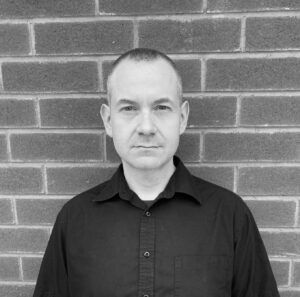 Ryan Lawrence was born and raised in Guelph, ON, and he is a graduate of the University of Guelph in English Literature. Ryan lives in London, ON, with his husband, Todd, their cat Dora, and his massive comic book collection that once fell on Todd. He’s okay.
Ryan Lawrence was born and raised in Guelph, ON, and he is a graduate of the University of Guelph in English Literature. Ryan lives in London, ON, with his husband, Todd, their cat Dora, and his massive comic book collection that once fell on Todd. He’s okay.
website | Twitter | Instagram | Facebook
Buy the book at Amazon.
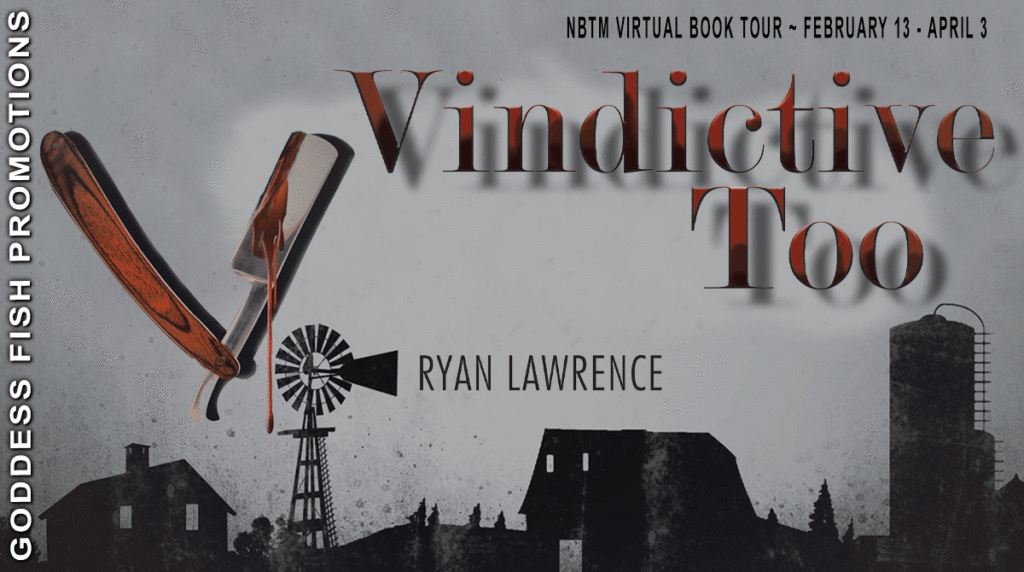
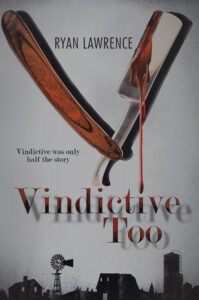
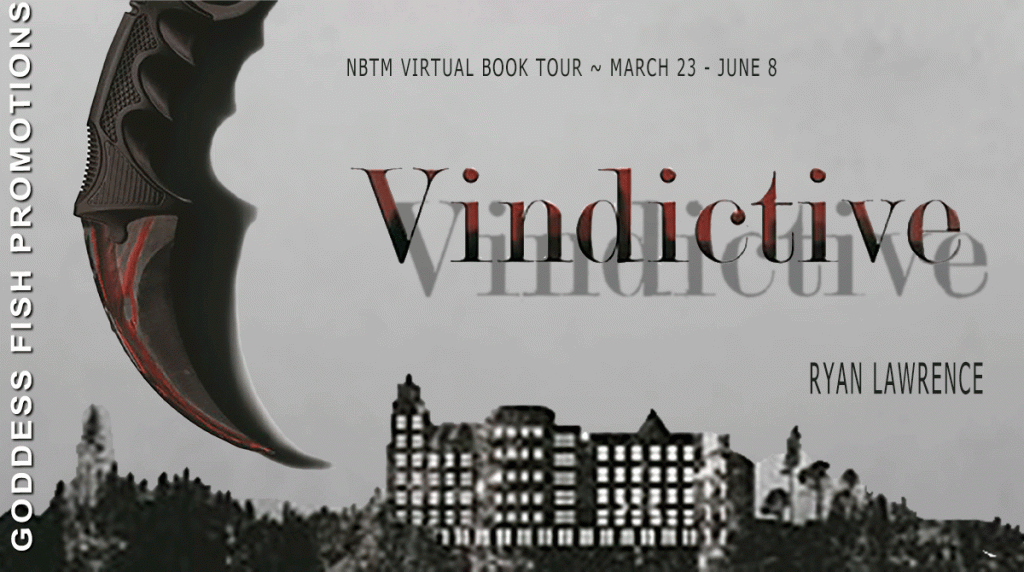
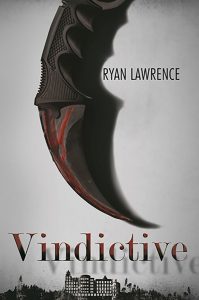 The best revenge is revenge. Getting it is all that matters.
The best revenge is revenge. Getting it is all that matters.




